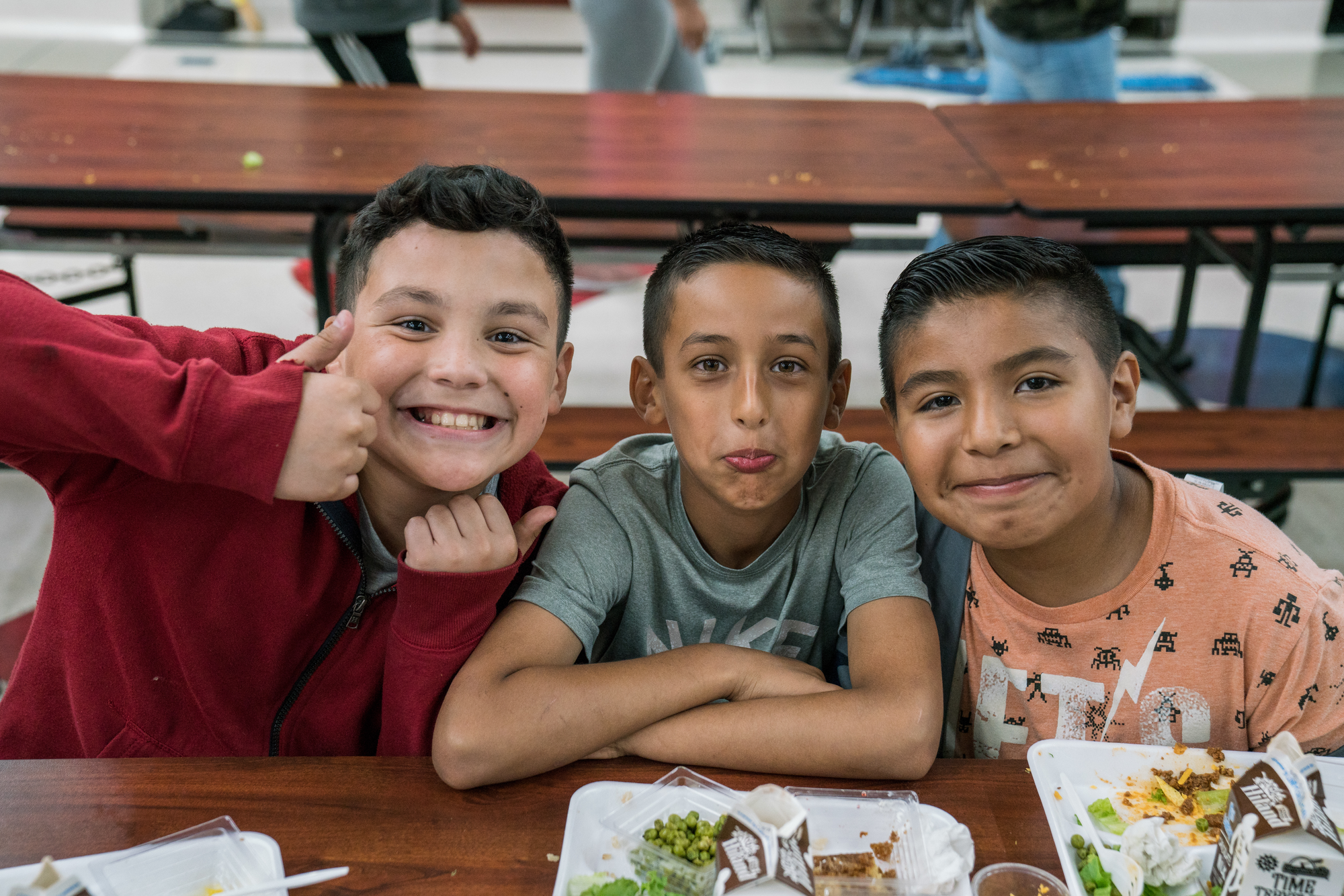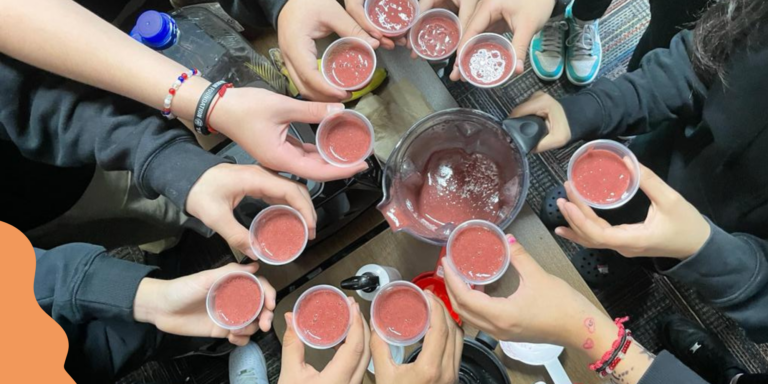Harris v. Trump: Who Will Put Children First?
Our President and Co-CEO asks: Which presidential candidate will put children first?
Our President and Co-CEO asks: Which presidential candidate will put children first?

A lot has happened in this election cycle. Let’s check the record:
President Joe Biden will not seek reelection.
Mr. Donald Trump survived an attempted assassination.
Political conventions are rallying the most stalwart of their bases.
Pundits, polls, and prediction tools are changing their reporting daily.
And now, Vice President Kamala Harris will seek the Democratic Party nomination, which by all signals she’ll secure in the coming weeks.
But, here’s the question of the election for me: Who will put children first?
Over the past few weeks, pundits of every political affiliation, racial and ethnic identity, and from varying walks of life have danced daily from policy-to-policy in their assessment of each presidential candidate, ranging from immigration to gun control to inflation to women’s rights. But, as I have watched from the margins, with a commitment to this nation’s 74 million children under the age of 18, the question I long to hear wrestled with is: who will put our kids first?
Imagine that—a kids-first presidency, where a candidate unapologetically affirms and legislates with the belief that American democracy and child well-being are entangled in an “inescapable network of mutuality, tied in a single garment of destiny.” Both of these tender realities depend on the policies and power wielded by the stroke of the president’s pen on legislative actions.
Yet, we know that political discourse and congressional jockeying often leave children behind in the best of times and especially in the worst of times, with children on the underside of privilege weighed by the heaviest burdens: Black kids and Brown kids, impacted by poverty and impacted by immigration, those living in densely populated urban centers and those residing in vast rural apartheids.
The imagination that it takes for Vice President Harris or Mr. Trump to center their presidential pursuits, our nation’s democratic ideals, and the justice-anchoring promises of our constitution on our youngest requires courage. Courage, not because of its impossibility to be kid-first, but courage because of the vast possibilities afforded to us if we ensure that above all else, our children are well.
It’s been almost 40 years since what some have labeled the first wave of kids-first politics, and this electoral moment begs the question, can there be another wave?
The United States of America is one of the only progressive democracies that neglects to see children as more than the private properties of their parents, without a comprehensive and constitutionally-protected child bill of rights. As such, these candidates have an obligation to see children as being endowed, within themselves, “with certain unalienable Rights, that among these are Life, Liberty and the pursuit of Happiness.”
During the last three years, a second wave of sorts, centering kids-first politics emerged, out of survival and necessity as our nation made sense of the global pandemic. Through various pieces of legislation and appropriations, significant funding was provided to public schools, child care providers, families, public health agencies, and community centers to stabilize the lived experiences of our children.
Of those investments, it is worth noting that more than 50 million public school students experienced free school meals, without regard for income, or race, or geography—an expression of the right of life and happiness that has been legislatively sustained by eight states. Additionally, acting with a kid-first posture, we saw expanded eligibility for participating in our public health infrastructure programs, such as the Children’s Health Insurance Program and Medicaid healthcare coverage.
And, in one of the most notable moments of justice, the Child Tax Credit was strengthened, which resulted in more than a 40% reduction in childhood poverty and millions of children being lifted out of food insecurity. The impact of these investments, in a perilous time for our nation, cannot be overstated. Congress provided relief and support for children and families when it was desperately needed. In fact, the federal share of spending on children rose from an all-time low of 7.55% in 2020 to a recorded high of 11.98% in 2022.
Yet, as our news cycles move on, so often our investments in children do the same, with the overwhelming majority of that spending and those legislative wins being temporary. Now, far too many of our children are back living at the intersections of compounding poverties. If acting from necessity says that we did it before, the question must be raised: What prevents us from doing it again? Not out of necessity for our survival, but out of what’s right for our democracy.
As we watch the news unfold in the coming weeks and months, on our national march toward “the Tuesday after the first Monday in November,” we have two options: to be unnerved to the point of apathy, or to be catalyzed for righteous action.
So, if I had an audience with Vice President Harris or Mr. Trump, my question would remain: which of you will put our children first?

5 Blender-Friendly Recipes For Sauces and More

Our 2024 Child Nutrition Policy Year in Review

9 Thoughtful Holiday Gifts Made by FoodCorps Alumni